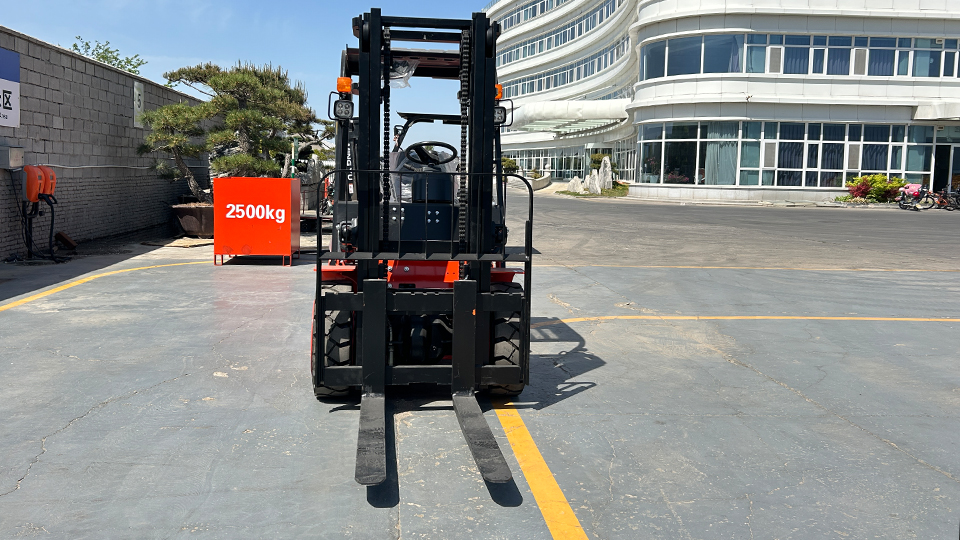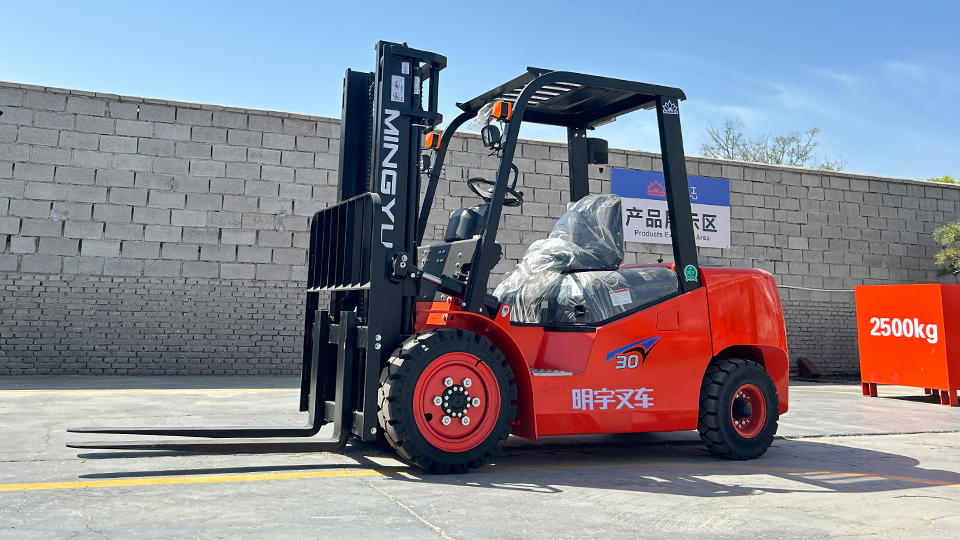
The Difference Between a Driver's License and Forklift Certification
A standard driver's license, like the one you use to drive a car, is issued by a state government to grant you permission to operate a motor vehicle on public roads. It's a general permit that attests to your ability to follow traffic laws and operate a vehicle under normal circumstances.
Forklift certification, on the other hand, is a specialized qualification that proves an individual has received the necessary training to operate a powered industrial truck safely in a workplace environment. This certification is specific to the equipment and the work environment, covering topics that are not included in a standard driving course. OSHA considers a forklift to be a "powered industrial truck," not a standard motor vehicle, and has its own set of regulations for its operation.

OSHA's Mandate for Forklift Operators
OSHA Standard 29 CFR 1910.178 dictates that employers must ensure that all forklift operators are competent to operate the equipment safely. This competency is demonstrated through the successful completion of a training and evaluation program. OSHA’s regulations are designed to reduce the high number of accidents, injuries, and fatalities associated with forklift misuse.
The certification process must be a combination of:
Formal Instruction: This can include lectures, videos, written materials, or online courses that cover the theory behind safe forklift operation. Topics include the different types of forklifts, their controls, the principles of stability, and common hazards.
Practical Training: This is a hands-on component where the trainee gets to operate the specific type of forklift they will be using in the actual workplace. This training involves a demonstration by a qualified trainer and practical exercises by the trainee.
Performance Evaluation: A qualified person must evaluate the operator's performance to ensure they have the skills to operate the truck safely. This evaluation must be conducted in the workplace to assess how the operator handles the specific conditions and hazards of their job site.
Once an employee has successfully completed these three steps, the employer must "certify" that the employee has been trained and evaluated. This certification must include the operator's name, the date of the training and evaluation, and the identity of the person who conducted it.
The Employer's Responsibility
The burden of ensuring operators are certified falls on the employer. It is the employer's responsibility to provide the necessary training and to have a system in place to document the certification. They can conduct the training themselves using a qualified person, or they can use an outside training organization.
The certification is valid for three years. After this period, the operator's performance must be re-evaluated to ensure they still have the skills to operate the forklift safely. Refresher training is also required if:

The operator is involved in an accident or a near-miss.
An evaluation shows the operator is not using the equipment safely.
The operator is assigned to a different type of forklift.
A change in the workplace environment could affect safe operation.
The operator has not operated a forklift for a period of time that could affect their competence.
Why is Certification so Important?
The emphasis on certification over a traditional driver's license is due to the unique risks associated with forklift operation. A forklift is not like a car; it has a different center of gravity, a different steering mechanism (rear-wheel steering), and it's designed to lift heavy, often unstable, loads.
Stability: Forklifts are prone to tipping over, especially when turning with a raised or off-center load. Proper training covers the "stability triangle" and the factors that can affect it, such as speed, turns, and bumps.
Visibility: The large mast and the load itself can severely obstruct the operator's view. Training teaches operators how to compensate for limited visibility, including driving in reverse when necessary and using the horn to alert pedestrians.
Workplace Hazards: A standard driver's license does not prepare an individual for the specific hazards of a warehouse or construction site, such as narrow aisles, pedestrian traffic, and loading docks.
Operating a forklift without the proper certification can lead to severe penalties, including hefty fines for the employer and potential legal liability in the event of an accident. More importantly, it puts the operator and their coworkers at a significantly higher risk of injury or death.
In conclusion, while you won't be ticketed by a police officer for not having a driver's license while driving a forklift on private property, you are breaking federal law and exposing yourself and your employer to serious consequences if you operate one without a valid OSHA-compliant certification.
Name: selena
Mobile:+86-13176910558
Tel:+86-0535-2090977
Whatsapp:8613181602336
Email:vip@mingyuforklift.com
Add:Xiaqiu Town, Laizhou, Yantai City, Shandong Province, China